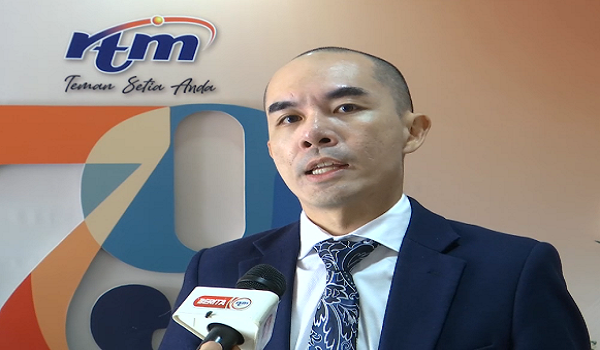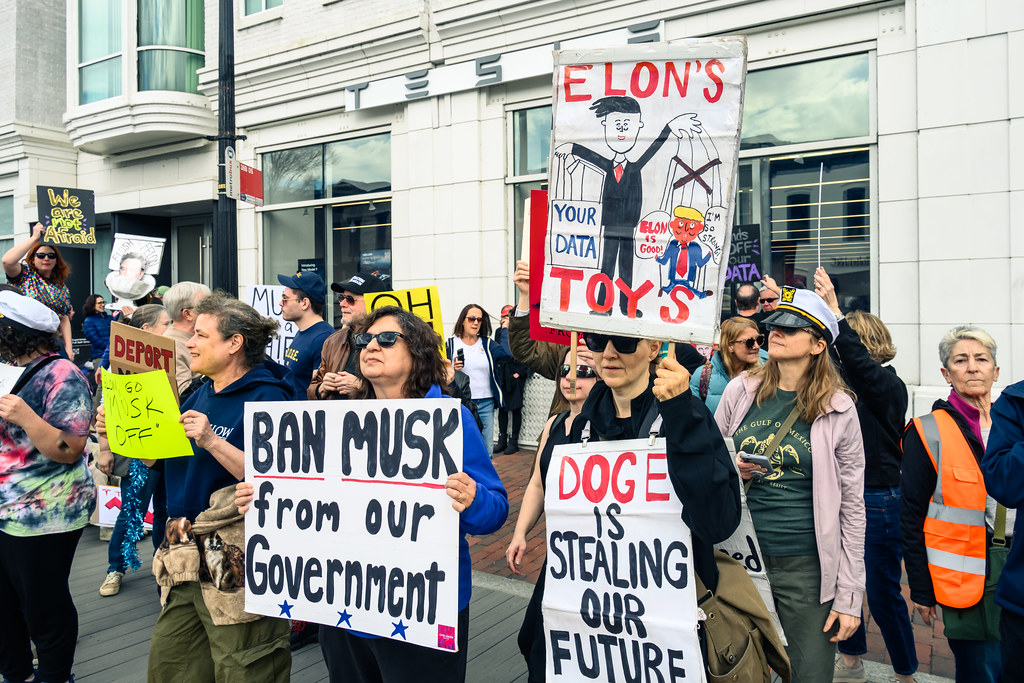The U.S. Supreme Court dismissed Nvidia’s attempt to block a securities fraud lawsuit brought by shareholders alleging the company misled investors about its reliance on cryptocurrency-related sales. Nvidia, a leading artificial intelligence chipmaker, faced accusations that its CEO, Jensen Huang, downplayed the role of cryptomining in driving revenue during 2017 and 2018. The court, without providing an explanation, upheld a lower court’s ruling allowing the case to proceed.
The lawsuit, led by Swedish investment management firm E. Ohman J:or Fonder AB, claims Nvidia violated the Securities Exchange Act of 1934. It argues that the company made knowingly false or reckless statements, failing to disclose how rising demand for Nvidia’s chips among cryptominers contributed to its growth. This demand faltered in 2018 as cryptocurrency profitability waned, resulting in Nvidia missing revenue projections and a subsequent stock price drop.
Nvidia had argued to the Supreme Court that the allegations lacked sufficient evidence of intentional or reckless misconduct. However, the 9th U.S. Circuit Court of Appeals revived the case after an initial dismissal, stating that the plaintiffs had presented adequate claims based on former employee insights, market analyses, and expert opinions.
The Supreme Court justices, who heard arguments in November, expressed reluctance to intervene in the case due to its technical complexities and the absence of a clear legal issue for their review. The dismissal aligns with the Biden administration’s stance, which supported the shareholders’ right to pursue their claims under the heightened standards of the Private Securities Litigation Reform Act of 1995.
The case seeks unspecified damages to compensate for the investors’ losses following Nvidia’s stock decline. Nvidia previously settled related regulatory charges in 2022 by paying $5.5 million without admitting or denying wrongdoing. While Nvidia’s spokesperson emphasized the importance of consistent standards in securities litigation, the plaintiffs’ attorney, Deepak Gupta, called the dismissal a victory for corporate accountability.
This marks the second recent securities fraud case dismissed by the Supreme Court, following a similar outcome for a lawsuit involving Meta on November 22.














